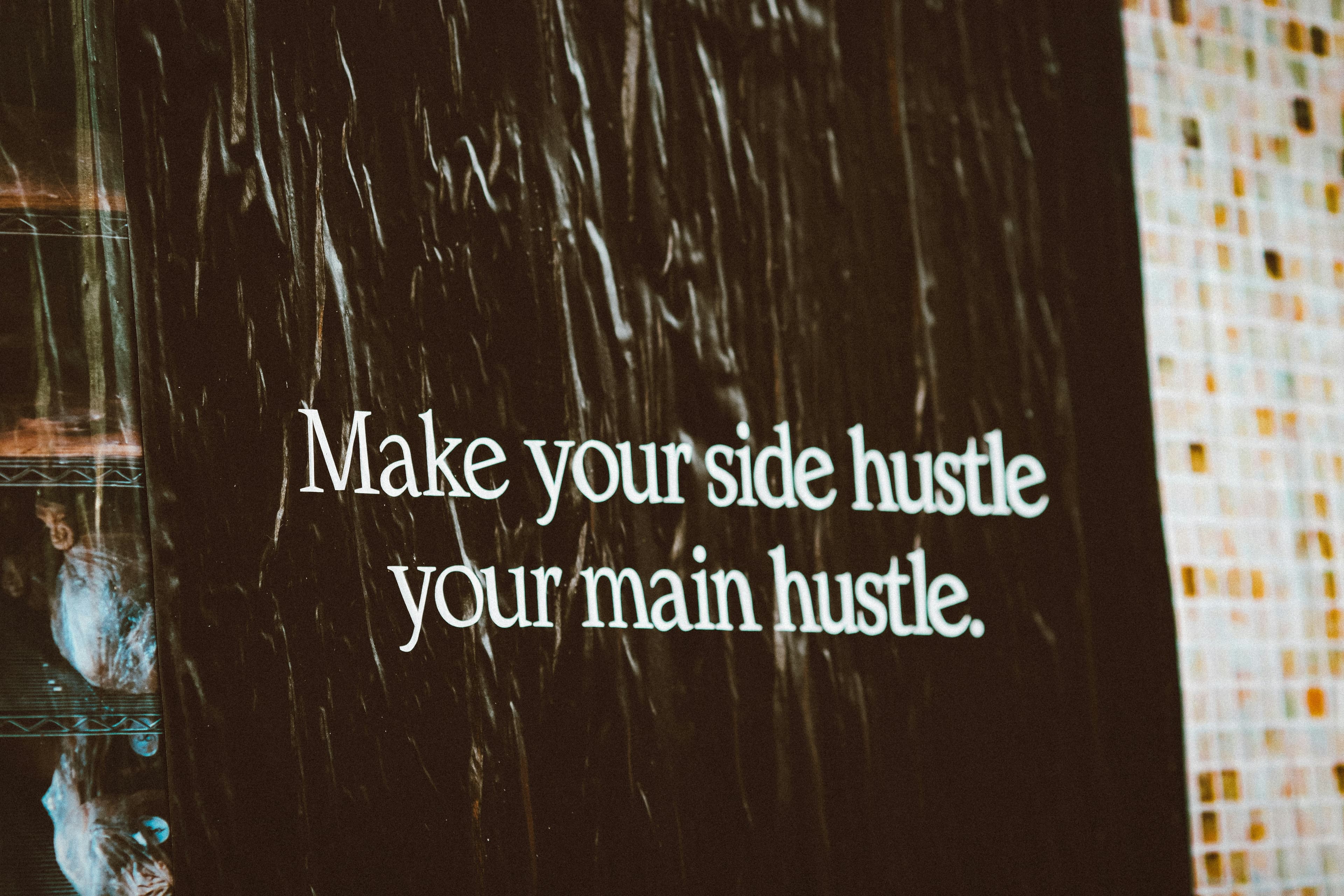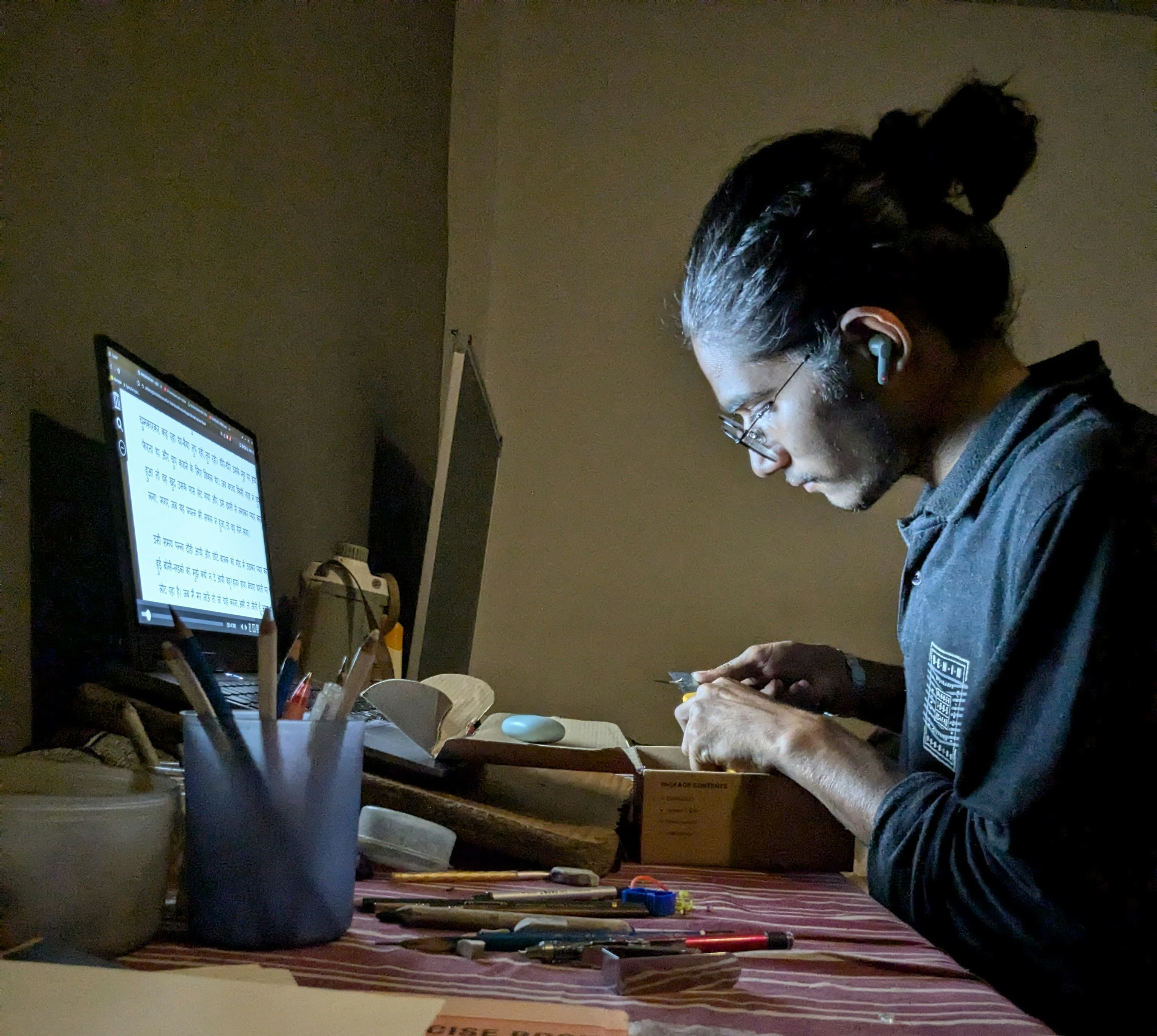Why We Hate Criticism (And Why We Need It)

Decades ago, my mentor posed a simple question that took me years to fully unpack: “Are you a good person or a bad person?” My immediate answer was, “A good person,” but the real weight of that self-assessment didn’t hit me until much later.
So, I’ll ask you the same thing. Take a second and really think about it. We’ve all made mistakes and done things we regret—that’s just part of being human. But do those moments define your core identity? Most of us, when we look deep down, believe we are fundamentally good people. We might have our flaws and emotional baggage, but we aren't villains. Try saying it out loud: “I am a good person.” It feels right, doesn’t it?
This is a crucial starting point because of that little voice in our heads. You know the one—it pops up after a mistake and says something like, “You idiot, why did you do that?” That inner critic often attacks who we are, not what we did. It tells us we’re a bad person because we messed up. And it’s lying. Bad actions don’t make you a bad person, especially when you’re just trying to figure things out, like when you're and learning on the fly.
Why Feedback Feels Like a Personal Attack
Have you ever had a friend or coworker give you feedback, and you immediately felt your walls go up? Anger, resentment, and frustration bubble to the surface because it feels like they’re undermining you, pointing out a fundamental flaw. It feels like they’re calling you a bad person.
I struggled with this for years until I learned from clinical psychologist Dr. Christina Hibbert that most of us are conditioned to link feedback directly to our self-worth. A “good job” or a thank-you feels great because it validates us. But anything less than praise feels like a direct hit to our self-esteem. This is a huge hurdle when you’re building a because constructive criticism is essential for growth. We run from so-called negative feedback, ignore it, or deny it because it feels like a personal assault.
But here’s the problem with that approach. Think about it honestly: what has taught you more, your successes or your setbacks? We learn very little when everything goes right. We learn a ton from our failures, but only if we’re willing to listen to the feedback they provide. Feedback is the data our minds use to learn, adapt, and improve. Turning your work is nearly impossible without it.
Learning to Hear the Message, Not Just the Delivery
When my son was a kid playing travel soccer, he came home one day wanting to quit. “The coach is always yelling at us,” he said. I understood his frustration but asked him what, specifically, the coach was yelling about. After a moment, he admitted, “He was yelling because we weren’t playing our positions and passing the ball.”
I asked him if the coach was right. He grudgingly agreed he probably was. I explained that people won’t always deliver feedback perfectly, but that doesn’t mean the message itself is worthless. Often, when people dislike the feedback they’re getting—especially if it’s true—they attack the messenger to invalidate the message. In , you’ll get feedback from all types of clients, some more tactful than others. The key is to separate the insight from the delivery.
Of course, not all feedback is created equal. Before you take any advice to heart, ask yourself two things:
- You wouldn’t take marital advice from someone with five divorces.
- If they have your best interests at heart, listen closely. If they have their own agenda, be skeptical.
Making All Feedback a Tool for Growth
Remember, you're a good person who sometimes makes mistakes. Those mistakes are just actions that led to an unwanted result. Every single one is an opportunity to learn and adjust so your next move is better. From this perspective, how can any feedback that helps you improve be “negative”?
Feedback is only truly unhelpful in two situations: when the person giving it has bad intentions or no expertise, or when you use it to beat yourself up. Weaponizing your mistakes against yourself just erodes your confidence and makes you second-guess everything. It’s all pain and no gain, which is the opposite of what you need to build .
Instead of running from feedback, start seeking it out. Ask for it. When it’s valid, more is always better. It’s the fuel for your future success. This is the mindset needed for a successful .
To help make this shift, try repeating these ideas to yourself:
- Feedback is the breakfast of champions.
- Feedback is my friend because it helps me learn and makes me better.
- Every day I seek feedback, it fuels my success.
A Note for Leaders
If your has grown to the point where you’re leading others, you’ve probably noticed that many leaders avoid giving honest feedback. That’s because employees often react emotionally, which makes the conversation uncomfortable. When a founder finally takes their , they must learn to build a high-feedback culture.
Your job is to help your team see feedback as a tool for growth, not a judgment on their worth. You can do this by making reflection a regular part of your meetings. When or a small team, ask these questions often:
- What went well and why?
- What didn't work or what did we avoid doing?
- Knowing what we know now, what would we do differently?
- What are the key lessons we can apply next time?
When these questions become routine, you recondition your team to separate feedback from self-worth. It becomes about learning, which is the most critical transition any growing business can make.








